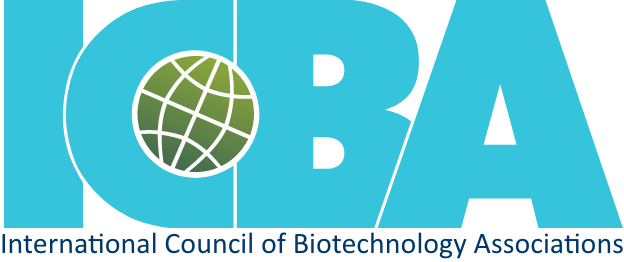Recyclable plastic bottles, mustard seed jet fuel, Insulin and Golden Rice. These are just a few biotechnology products that are contributing to the achievement of the UN Sustainable Development Goals (UN SDGs).
A collection of 17 goals and 169 targets set by the UN General Assembly in 2015, the UN SDGs were created as a blueprint to achieve a better and more sustainable future for all. Addressing the global challenges we face, including those related to poverty, climate, environmental degradation, prosperity and health, these goals drive the work of countries, UN agencies as well as NGOs and companies across the world. And biotechnology is a critical tool in helping to achieve these goals.
Recent advances in biotechnology are helping us prepare for and meet society’s most pressing challenges. Modern biotechnology provides breakthrough products and technologies to combat debilitating and rare diseases, stop the outbreak of infectious diseases, reduce our environmental footprint, relieve poverty, feed the hungry, use less and cleaner energy, provide clean drinking water, protect biological diversity on land and in our oceans, and have safer, cleaner and more efficient industrial manufacturing processes.
We have the opportunity to encourage further innovation in the biotech sector to achieve the UN SDGs. To do so, we must ensure that researchers, investors, companies, governments and others from every corner of the world have the tools and policies in place to foster biotechnology innovation. These tools and policies include tax incentives for startups, reliable regulatory systems, higher education science programs that train the next generation of scientists, biotechnology incubator labs across the globe, strong intellectual property systems and others.
By partnering with the global biotechnology industry, the UN agencies and other stakeholders working to achieve these estimable goals will certainly find greater success. Biotechnology is part of the solution so let’s work together to unlock its potential.

